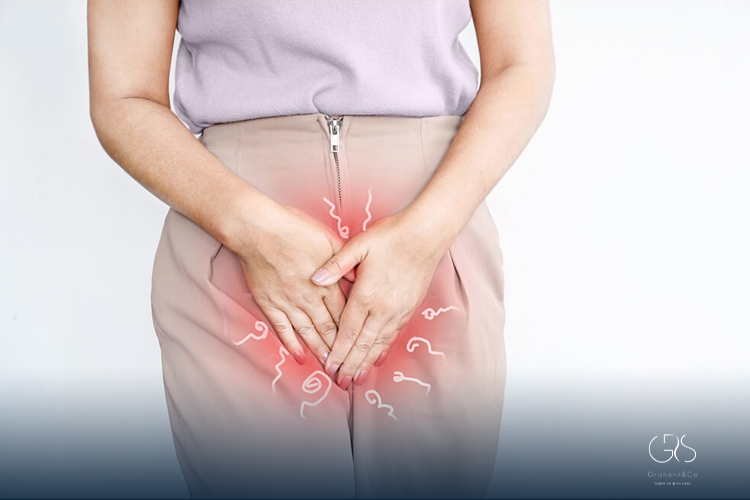Vaginal odor is a topic that is often shrouded in silence and stigma. Yet, it is a fundamental aspect of women’s health that deserves attention and understanding. In this article, we delve into the various causes of vaginal odor, backed by relevant statistics and expert insights. By shedding light on this topic, we aim to empower women with knowledge and provide practical solutions to promote intimate health.
Understanding Vaginal Odor:
Vaginal odor is a natural occurrence and can vary from person to person. The vagina possesses its natural scent, which helps regulate and maintain overall vaginal health. Nevertheless, any significant changes in this odor may indicate an imbalance or an underlying condition that requires attention.
Common Causes of Vaginal Odor:
Bacterial Vaginosis (BV):
Bacterial Vaginosis is the most common cause of vaginal odor, affecting millions of women worldwide. It occurs when the balance of bacteria in the vagina is disrupted, leading to an overgrowth of harmful bacteria. According to a study published in the Journal of Medical Microbiology, BV affects approximately 29% of women aged 14-49 .

Yeast Infections:
Yeast infections, particularly caused by the fungus Candida, can result in a distinct and unpleasant vaginal odor. These infections are commonly accompanied by itching, burning, and an abnormal discharge. Statistics reveal that about 75% of women experience at least one yeast infection in their lifetime .
Poor Hygiene:
Inadequate genital hygiene, such as infrequent washing or incorrect use of hygiene products, can contribute to vaginal odor. The buildup of sweat, bacteria, and dead skin cells in the vaginal area can cause an unpleasant smell.
Sexually Transmitted Infections (STIs):
Certain STIs, such as trichomoniasis and chlamydia, may lead to a foul-smelling vaginal odor. It is essential to understand and practice safe sex to minimize the risk of STIs. According to the Centers for Disease Control and Prevention (CDC), approximately 1.8 million new cases of chlamydia were reported in 2018 in the United States alone .
Hormonal Changes
Fluctuations in hormone levels, such as those occurring during menstruation, pregnancy, or menopause, can disrupt the vaginal pH and consequently result in changes in odor.
Finding Solutions:
Understanding the causes of vaginal odor is crucial, but finding appropriate solutions is equally important. Here are some practical approaches that can help maintain intimate health and prevent or address vaginal odor:
Practice Good Hygiene:
Maintaining proper genital hygiene is essential. Regularly wash the external genital area with mild, unscented soap and water. Avoid using harsh chemicals or douches, as they can disturb the natural balance of bacteria and pH levels in the vagina.

Wear Breathable Fabrics:
Choosing loose-fitting, breathable underwear made from natural materials like cotton can help reduce moisture and prevent the buildup of odor-causing bacteria.

Probiotics:
Including probiotic-rich foods in your diet or taking probiotic supplements can help promote a healthy balance of bacteria in the vagina. Research suggests that probiotics can help prevent and treat bacterial vaginosis and yeast infections (source: [4]).
Safe Sex Practices:
Consistently practicing safe sex, such as using condoms and getting regular STI screenings, can help reduce the risk of developing vaginal infections that may result in an unpleasant odor.
Conclusion:
Vaginal odor is a normal part of a woman’s intimate health. However, when accompanied by other symptoms or becoming noticeably strong, it may signal an underlying issue. Understanding the causes and seeking appropriate solutions is essential for maintaining overall vaginal health. By incorporating good hygiene practices and adopting preventative measures, women can ensure optimal intimate well-being.
Sources
- National Library of Medicine, Bacterial vaginosis: a review on clinical trials
- The American College of Obstetricians and Gynecologists, Vaginitis
- Centers for Disease Control and Prevention, Chlamydia - Data and Statistics
- Current Infectious Disease Reports, Probiotics for the Prevention of Gynecologic Infections










